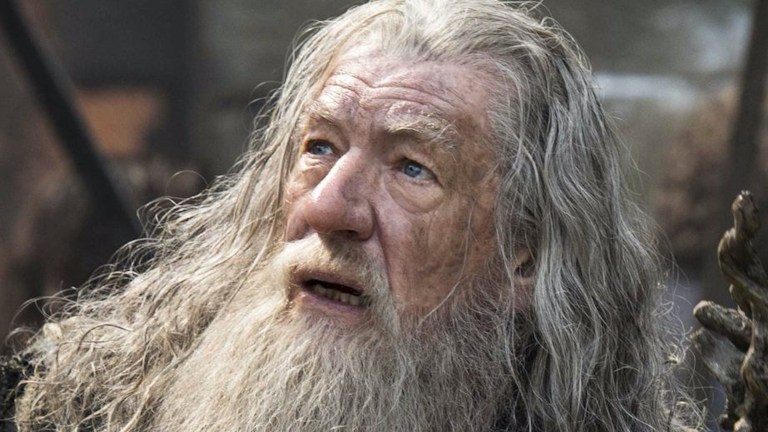Lord of the Rings Amazon Series Halted Over Coronavirus
Amazon’s The Lord of the Rings television series has, like everything else, suspended production due the coronavirus pandemic.

By now, you likely already know that the rapid widespread global outbreak of COVID-19, or coronavirus, has sidelined just about everything in the pop culture panorama—be it major professional sports, events and movie productions—and the realm of prestige television has not been immune to the chain reaction of shutdowns; a notion evidenced by another name to join the list, Amazon’s purportedly $1 billion-budgeted The Lord of the Rings series.
Production has been suspended on the currently-untitled Lord of the Rings series, with Amazon sending home around 800 cast and crew from the production’s West Auckland, New Zealand shoot over the virulent pandemic. A memorandum was subsequently sent by producers GSR Productions to The New Zealand Herald, revealing that the initial suspension will be for two weeks. However, this move—just as with other productions—was made amidst inherent uncertainty, and two weeks can quickly become upgraded to months and even to indefinitely.
“In an abundance of caution, UAP [Untitled Amazon Project] has suspended production for the next two (2) weeks commencing Monday, March 16.” As the memo continues, “This is done in an environment where travel restrictions directed at the control of Covid-19 are issued daily by New Zealand and most other countries.”
Despite its two-week suspension declaration, the memo also contains the caveat that “there are no clear answers to when we will resume production.”
The cast and crew have been urged to “not report to the set or to the studio without the express permission of your supervisor.” Indeed, the halting of production will not only keep them safe and stem the possibility of spreading the virus in its 10-day symptom dormancy, but also ease the impact that the production would have on “the resources and infrastructures around us by doing our part to reduce population density in our communities and daily activities, in efforts to help reduce the spread of the virus.”
Amazon’s still mysterious Lord of the Rings series is one of the most anticipated and grandiose television projects, perhaps ever, and was preemptively renewed for a second season last November, with designs to shoot the sophomore frame concurrently with its initial offering. The series will set itself in the monumental Middle Earth mythology of J.R.R. Tolkien, as famously represented by 1937 novel The Hobbit and the 1954-1955 The Lord of the Rings Trilogy, with the latter eventually adapted to Oscar-winning glory by director Peter Jackson, who also tackled the former as a film trilogy, cementing the global financial lucrativeness of Tolkien’s fantasy franchise. The TV series will take place during Middle Earth’s Second Age, set thousands of years before the events of the main novels.
The series, manifesting under the creative purview of showrunners J.D. Payne and Patrick McKay, has a cast consisting of Markella Kavenagh, Robert Aramayo, Ema Horvath, Maxim Baldry, Joseph Mawle and Morfydd Clark, who’s confirmed to play a younger (thousands of years younger,) version of Galadriel, the elven Lady of Lothlorien, who was famously played by Cate Blanchett in 2001-2003’s The Lord of the Rings Trilogy and reprised a decade later in 2012-2014’s The Hobbit films. It seems that the cameras have been rolling for some time, with the memo confirming the show’s status before the production halt, stating, “We were well into shooting. Everybody was in place so there weren’t many people coming from overseas recently.”
Amazon has yet to reveal a release window for its Lord of the Rings series other than the vague declaration of eyeing a 2021 arrival, so the effect of the production halt on any prospective timeframe is unknown. Hopefully for the sake of the world and—to a significantly lesser extent—the sake of the series, the coronavirus pandemic won’t ultimately become potent enough to sideline things for too long.